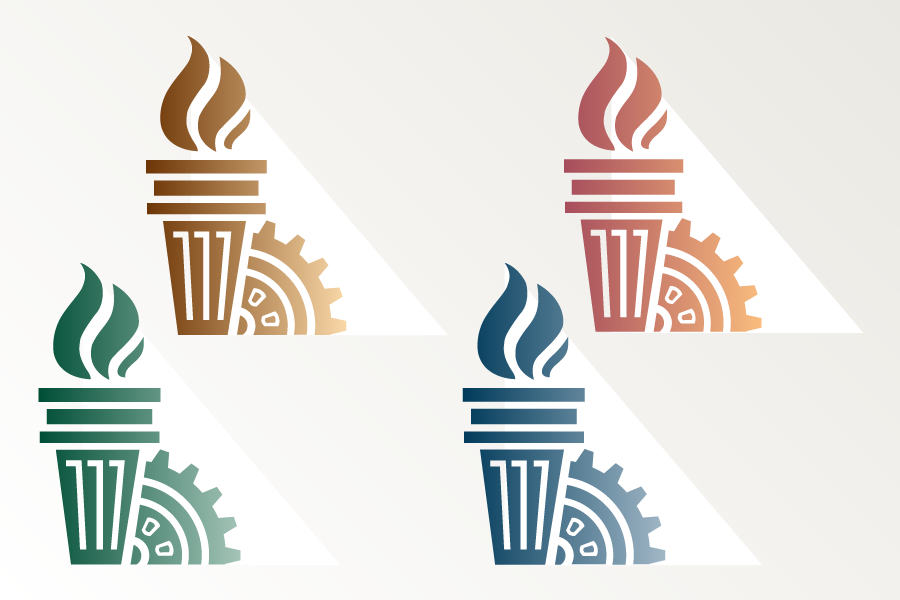
American Economic Association has announced its list of the 2022American Economic Journal Best Paper Awards. The papers are selected in four fields: Applied Economics, Economic Policy, Macroeconomics and Microeconomics. We continue to publish commentaries of the NES professors to selected papers from the list. Following is the commentary by Professor Gerhard Toews to the winning paper in economic policy “Carbon Taxes and CO2 Emissions: Sweden as a Case Study” by Julius J. Andersson. American Economic Journal: Economic Policy, Volume 11, No. 4, November 2019
Most people agree that the upcoming environmental and economic consequences of fossil fuel consumption represent the biggest global threat to humanity. And while the desire to reduce fossil fuel consumption seems to be increasing, the consumption itself seems to be increasing exponentially, with little sign of slowing down. And it is important to emphasise that the issue with the exponentially increasing consumption is not the exhaustibility of the resources, but the carbon dioxide emissions which are released into the atmosphere, contributing to an increase in global temperature.
Most economists would argue that it is fine to consume fossil and emit carbon dioxide, even at an accelerating pace, as long as the costs of this emission is appropriately incorporated in the price of the fossil fuel consumed. Thus, the price for which one unit of the fossil fuel is sold should not only cover the cost of extraction but also capture the additional cost of the climate change caused by the emissions of carbon dioxide. Theoretically, this can be achieved by introducing a carbon tax, increasing the price of fossil fuels and incentivising individuals to reduce fossil fuel consumption. While theoretically appealing, up to now we had little evidence of how effective such a carbon tax can be since only few countries introduced such a tax sufficiently long ago to allow for a carefully constructed empirical study. Moreover, only a few of these limited cases have been carefully studied using up to date empirical methods.
In a recent paper, Andersson (2019) uses the synthetic control method to estimate the causal effect of introducing a carbon tax in Sweden on the emission of carbon dioxide. The synthetic control method has been introduced by Abadie and Gardeazabal (2003) and relies on the idea that before the introduction of the carbon tax in Sweden, the development of carbon dioxide emissions could be mimicked by a weighted average of carbon dioxide emission in other OECD countries, thus the synthetic control. The causal effect of the carbon tax can then be estimated by comparing the development of Sweden’s carbon dioxide emission relative to the synthetic control after the treatment. To put it differently, the author compared Sweden's actual emissions with hypothetical emissions that would follow the trajectory of other OECD countries if the Swedish carbon tax was not introduced. The synthetic control consists of a weighted average of the carbon emissions in other OECD countries. For instance it can consist of 30% Norway, 30% Denmark; 20% Finland and 20% UK. Before the tax is introduced ( the pre-treatment period) the carbon emission in Sweden and carbon emissions in the other countries jointly representing the synthetic control are nearly the same in magnitude and fluctuations. After the tax is introduced (period after the treatment) the two lines diverge if the introduction of taxes has an effect on emissions in Sweden.
Andersson (2019) finds the carbon tax to be highly effective, reducing emission by 11% relative to the synthetic control. A very important contribution which will hopefully contribute to more countries introducing a carbon tax so that we can achieve the necessary decrease in carbon dioxide emission and slow down climate change.
The list of the 2022 American Economic Journal Best Paper Awards
Rachael Meager
American Economic Journal: Applied Economics, Volume 11, No. 1, January 2019
Carbon Taxes and CO2 Emissions: Sweden as a Case Study
Julius J. Andersson
American Economic Journal: Economic Policy, Volume 11, No. 4, November 2019
Higher Taxes at the Top: The Role of Entrepreneurs
Bettina Brüggemann
American Economic Journal: Macroeconomics, Volume 13, No. 3, July 2021
Is No News (Perceived As) Bad News? An Experimental Investigation of Information Disclosure
Ginger Zhe Jin
Michael Luca
Daniel Martin
American Economic Journal: Microeconomics, Volume 13, No. 2, May 2021